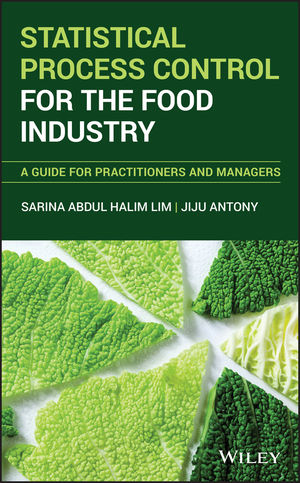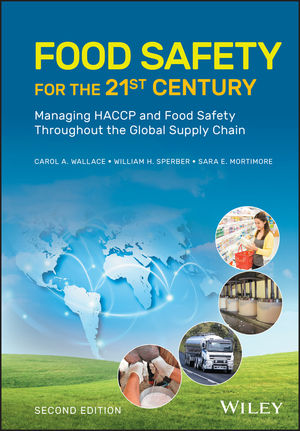How the Cold Food Industry Can Prepare for FSMA Changes

The new FSMA deadlines are Aug. 30, 2015. The U.S. Food & Drug Administration, Washington, D.C., outlines what cold food processors should be doing now to comply with these new rules and regulations.

Refrigerated & Frozen Foods: What should cold food processors begin doing now in order to comply with these new rules and regulations?
Douglas Karas: Because these regulations are still in draft form, it is important that members of industry take time to review the proposed rules.
For the preventive controls rule, those dates are as follows:
- Small businesses—a business that employs fewer than 500 persons and that does not qualify for an exemption would have to comply two years after publication of the final rule.
- Very small businesses—defined as having less than $1 million in total annual sales of human food, adjusted for inflation, would have three years after publication of the final rule to comply. Considered “qualified facilities,” they would be subject to modified preventive control requirements.
- Other businesses—a business that is not small or very small and does not qualify for an exemption would have to comply one year after publication of the final rule.
For the sanitary transportation rule, the compliance dates are as follows:
- Small businesses—businesses other than motor carriers who are not also shippers and/or receivers employing fewer than 500 persons and motor carriers having less than $25.5 million in annual receipts would have to comply two years after the publication of the final rule.
- Other businesses—a business that is not small and is not otherwise excluded from coverage would have to comply one year after the publication of the final rule.
Refrigerated & Frozen Foods: What are the new FSMA rules and regulations, specifically with regards to cold food processing, cold storage, distribution, supply chain and logistics?
Karas: In September, the FDA proposed changes to the proposed Preventive Controls for Human Food rule, which was originally released in 2013. The goal of the changes was to make the rule more flexible, practical and targeted, and these changes were based on the input received during an unprecedented level of outreach to stakeholders.
The FDA has also suggested specific text on product testing, environmental monitoring and supplier controls, and is looking for comment on whether the rule for preventive controls for human food should require product or environmental testing, depending on the specific circumstances, to verify the effectiveness of preventive controls.
Additionally, the FDA is looking for comment on whether a firm should ensure that suppliers have preventive controls in place for significant identified hazards through tools like on-site audits, sampling and testing. Generally, an annual on-site audit would be required when there is a reasonable possibility that exposure to the hazard would result in serious adverse health consequences or death to humans. However, a facility would be able to rely on other verification activities and/or less frequent on-site auditing if it documents that such activities provide adequate assurance that the hazards are controlled.
Another rule that may affect firms involved in producing and distributing refrigerated or frozen foods is the proposed rule for Sanitary Transportation of Human and Animal Food. The goal of the proposed rule is to prevent practices that create food safety risks during the transportation of food by motor or rail vehicle, such as failure to properly refrigerate food, inadequate cleaning of vehicles between loads and failure to properly protect food during transportation. Specifically, the proposed rule would establish requirements for vehicles and transportation equipment, transportation operations, information exchange, training, records and waivers.
With some exceptions, this proposed rule would apply to shippers, receivers and carriers who transport food in the United States by motor or rail vehicle, whether or not the food is offered for or enters interstate commerce. It would also apply to a person outside of the United States, such as an exporter, who ships food to the United States in an international freight container, either by sea or air, and arranges for transfer of the container in the United States onto a motor or rail vehicle for transportation in U.S. commerce, if the food will be consumed or distributed in the United States.
Refrigerated & Frozen Foods: What is coming down the pipeline with FSMA?
Karas: The major events upcoming after public comments are collected will be the finalization of the rules and implementation. As we have been moving through the rule-making process, we have understood that implementing rules that are practical and achievable were key to reaching the FSMA goals of preventing foodborne illness. Throughout the process, we have paid strict attention to the comments we have received and we are moving forward with our partners to provide rules that will help reduce foodborne illness in this country in the future.
Looking for a reprint of this article?
From high-res PDFs to custom plaques, order your copy today!








